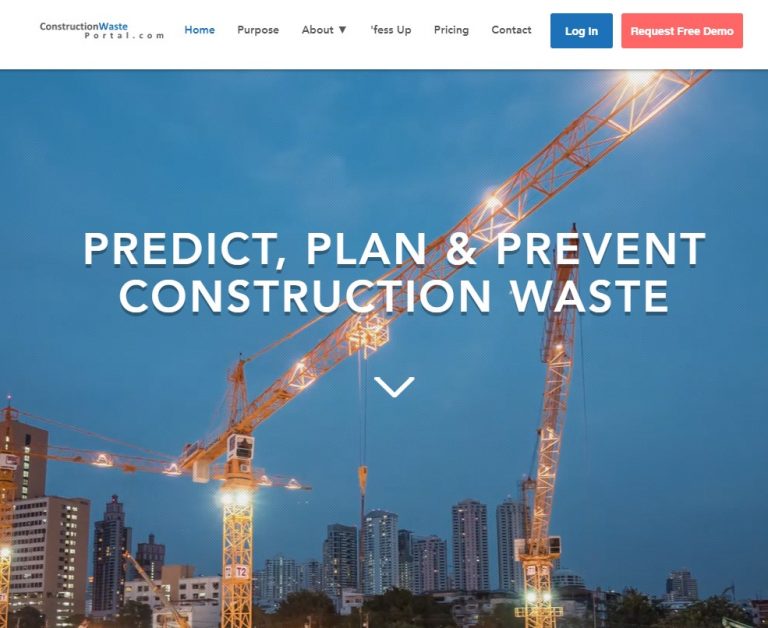Spaces for the sale, donation and recycling of items
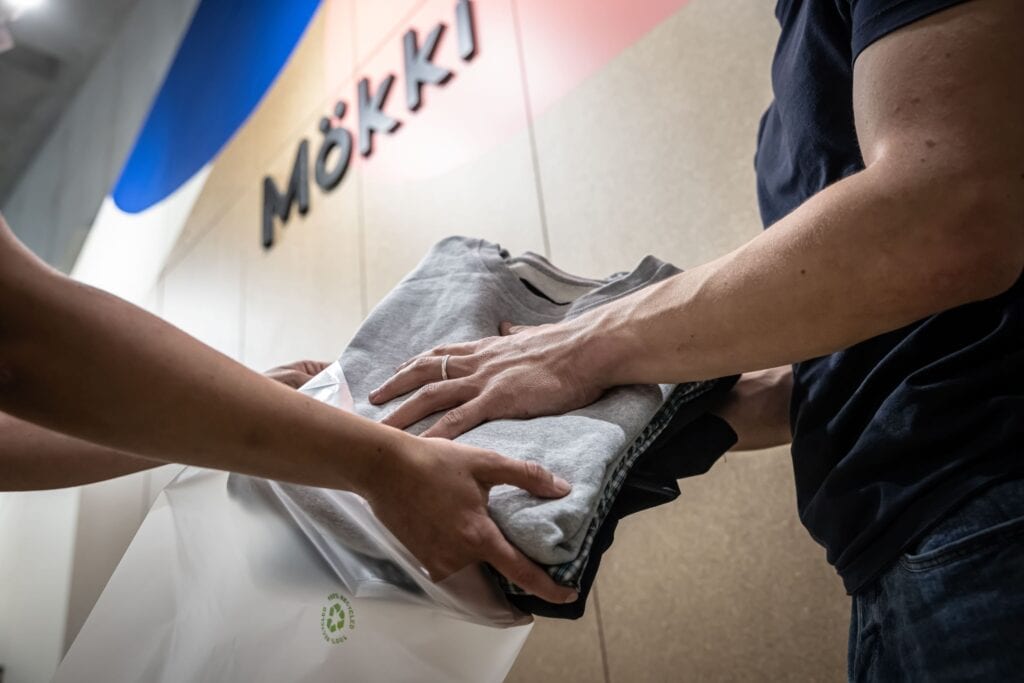
Problem Addressed
Reselling, donating and recycling unused items is often complex and time-consuming. Many people would love to give a new life to their unused items and free up some space, but are hindered by logistics challenges and a lack of time.
Case Study
The Mökki space at Morland Mixité Capitale in Paris, now named La Félicité, is an interesting case study. The mixed-use site, with offices, hotels, apartments and retail spaces, opened in June 2022. Mökki is available for all end users (office workers, neighbors, retail clients) and generated immediate interest from the onset. Registrations and usage (items dropped at Mökki for reselling, donation and recycling) are growing fast, and even higher growth is anticipated in September 2022 when residents return from summer vacation.
This page presents data, evidence, and solutions that are provided by our partners and members and should therefore not be attributed to UKGBC. While we showcase these solutions for inspiration, to build consensus, and create momentum for climate action, UKGBC does not offer commercial endorsement of individual solutions. If you would like to quote something from this page, or more information, please contact our Communications team at media@ukgbc.org.
Related
Acoustic modular wall system eliminating waste
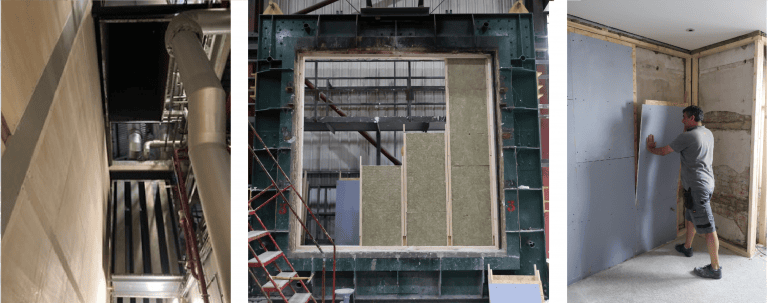
Collecting and donating surplus furniture, equipment and materials
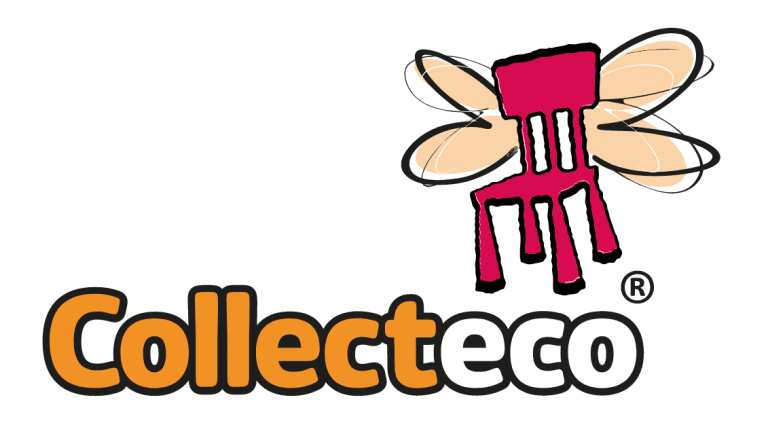
Digital reuse platform
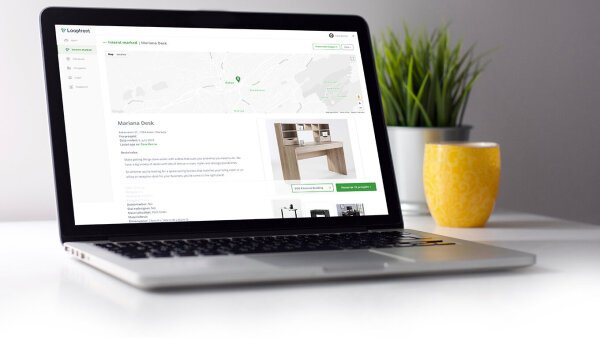
Construction waste management platform
